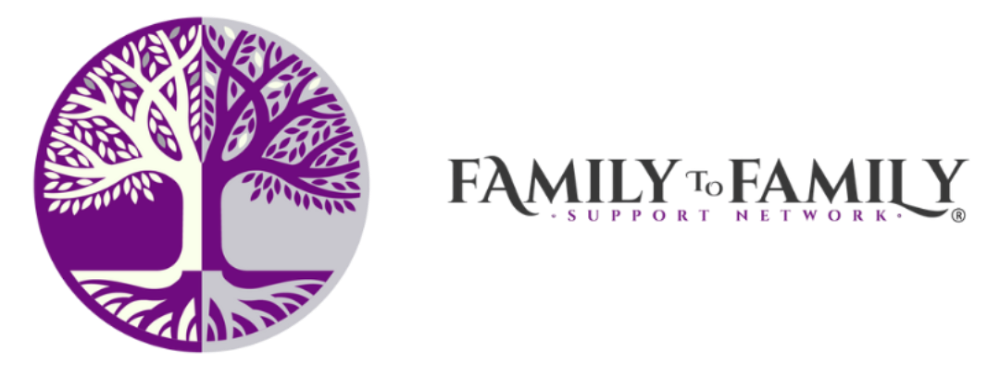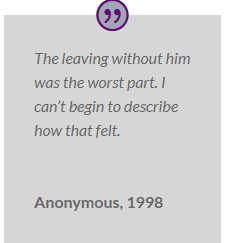Oh, Kate...20 Years Ago I Was Just Like You (This Is Us on NBC)
Feb 25, 2021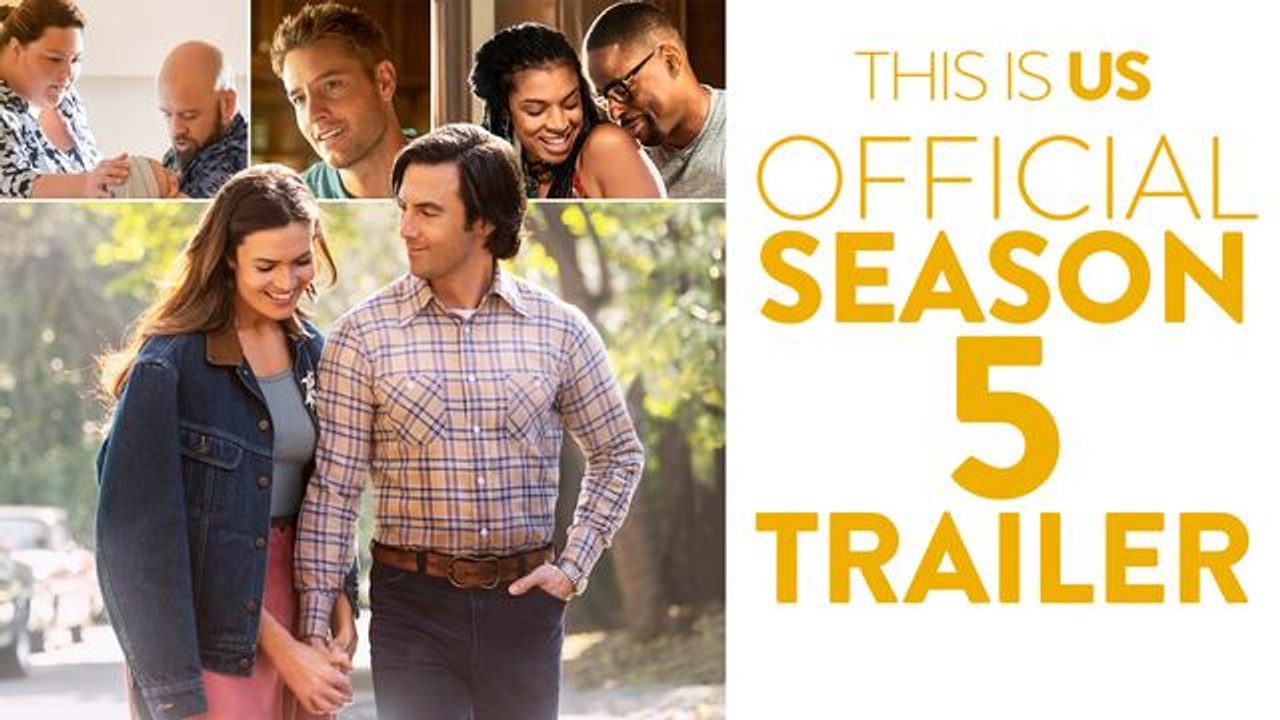
Dear Kate,
Just over 20 years ago, I was just like you. I was fresh off the roller coaster of infertility and adopting a baby girl. Open adoption was new and I was all in. The idea of it was spectacular, inclusive, loving, but my motives were so centered on myself, my expectations and the family I had dreamed of for years. I couldn’t see how my actions spoke so much louder than my words during my time at the hospital as a prospective adoptive parent.
I watched you in the hospital with Ellie when the nurse called her “mom.” Ellie didn’t flinch because she knew what all moms know – she was attached and was mom to this little one she had been carrying. But she reassured you with a joke and called herself just a “landlord with an eviction notice”. You looked offended and surprised when she asked for time alone, and I cringed.
After my own adoption experiences in the hospital and seeing firsthand what we have come to call “the wedding and the funeral in the same room,” I wanted to change the experience for other families. I wanted to help nurses and doctors navigate such an emotional situation. I spent 10 years as the Adoption Liaison on staff at Parker Adventist Hospital south of Denver and I saw so much from the patient’s side. So much from the perspective of a mom coming into the hospital with a “plan” and leaving with empty arms. In these past 20 years and because of the hundreds of stories I’ve witnessed or heard about, my whole perspective has changed.
When Hailey was brought in to you, you welcomed her telling her all the things you would gain from her coming home with you and Toby. The fact you couldn’t wait to watch her grow up, French braid her hair, and make play-doh castles together. But while you focus on gain, what you don’t know is that she is feeling such loss. We know so much more now about the impact of the loss of a mother on a newborn; her mother’s smell, her voice, even the gait of her walk. No talk of castles, parks or ziplines will ever gloss over that. For Hailey, she has been born and suffered separation and immense loss, all during the very first day of her life.

I didn’t understand that until I started listening to the voices of the moms I worked with after their adoption placements. In the beginning, they would share the difficulty of going home without their child while every part of their body was calling for their newborn. And then the ongoing struggle in the weeks, months, and years to come -- struggling to answer the common questions of “how many kids do you have?” or starting a new relationship and trying to figure out how to tell this significant other about the child she was not parenting.
Kate, I wonder what you expected moving forward as you took that seat in the back next to Hailey? That the transaction was complete and all would be right with the world? That the open adoption you’d planned with Ellie would solve all the pain and loss? Sadly, it doesn’t. In your situation, there are already other siblings, and both Willow and Jack will be affected. What seems like a bonus to your family will take extra time and explanation for Willow. She will have to make sense of who her sister is and why she lives with another family. There are cousins who will need to make sense of all this the best they can, and there are grandparents who will try to figure out what to explain to friends and what is personal family information. Many of the moms I worked with went on to get married, had more children and yet have an open adoption with their placed child’s family. Now they strive to explain to the children they are parenting who this child is that they visit, and why he or she doesn’t live with them? So many people are affected. So many false narratives in our society – many of them embraced to make everyone else feel better, the way Ellie did for you when she called herself the evicting landlord. But we have to deal with what is to pursue healing for all involved.
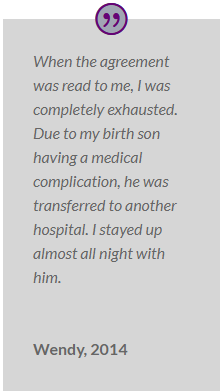
Gratitude and the idea of a win-win-win situation has been the society facing facade for the option of adoption for decades. We have to consider where we have come from to understand how our past affects our beliefs about adoption, especially regarding ethical adoption practice. Gabrielle Glaser, the author of the recently released book American Baby, shares the mindset of the 50’s and 60’s. She states that when

“Family members, social workers, obstetricians, agency officials, clergy and lawyers all promised that adoption worked out for everyone ‘for the better.’ ”
I don’t think our society is ready to give that image up just yet -- but we must. Adoption will continue to be a family structure within our society, but we have to learn to proceed forward in truth and transparency. Healing can only come from creating a brave space that encourages open conversations and connection about and within this loss. The hiding, the shame, the divided loyalty for adopted people does not lead to healing, but more secrecy and inauthentic relationships. I don’t claim to speak for adoptees, but you can be sure I do my best to listen to their voices above everyone else’s, as they have walked this path before my children. I know you agree, Kate, because you have seen how adoption has impacted Randall over the years and have taken notes and want Hailey’s path to be better.
Thankfully, many adoption professionals and families like mine are speaking up as those who have gone before. I was heartbroken to see no professionals involved in your situation. You were told “the hospital day would be the hardest” – but it seems you were never told that there would be many hard days. Now, if involved with an adoption placement, professionals are hopefully sharing the insights gained from those sharing from 5 years, 10 years, 50 years down the road.
I know you want what is best for Hailey, as I do for my children that came home through adoption. Just like you, I would have promised my daughter that she would “never doubt her place in this world” – but Hailey will. And you as her mom will be able to do nothing about that but be a safe person with which to share her feelings. This is what dealing with what is looks like, and it’s essential. Your indifferent response to Ellie’s grief, and mine in my own adoption decades ago, should not, and with education does not, have to be the norm.
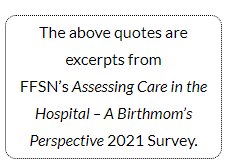
I wish the hospital would have let me sign something for the parents to take her home. She had to leave in my car. We did not know this in enough time to prepare or have a car seat ready. So, I had to leave the hospital in the car with them. We went to a gas station and had someone get me there and it felt absolutely awful. I felt like everything was being ripped from me and my heart was broken in a million pieces in front of a Shell Station.
-- Anonymous, 2020
